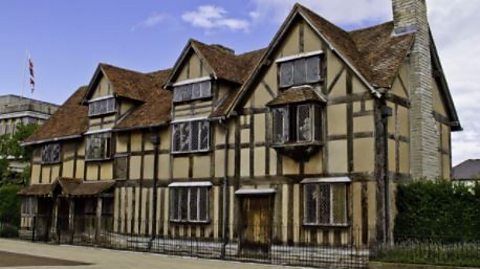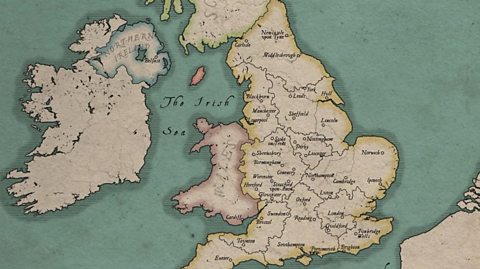Shakespeare outside the UK
William Shakespeare has a special place in the nationÔÇÖs hearts as our Bard. But a recent British Council survey found that only 59% of people in the UK actually like Shakespeare compared to 89% of people in India.
ShakespeareÔÇÖs plays have been translated into over 100 languages. Ironically, these translations can make his work more accessible around the world than in his home country, where his archaic language can be a barrier for some.
But what is gained from adapting Shakespeare for international audiences? And how far does ShakespeareÔÇÖs impact reach around the world?
The global reach of Shakespeare

One play, many interpretations
So why is he so popular abroad? Shakespeare was a master storyteller, renowned for capturing complex emotions, and this is one of the main reasons his work has endured for centuries. It is the versatile nature of his work that enables different cultures to connect with, and enjoy, his plays.
The Merchant of Venice is about a Jewish money lender who struggles to get justice, and is one of ShakespeareÔÇÖs most adapted plays. However, productions can vary in their approaches from country to country. For instance, in the UK the theme of religious intolerance has often been key, especially in the years after the Holocaust.
But the recent production by the Taiwan BangZi theatre company, in the style of Taiwanese opera, had a different focus. Their production chose instead to highlight themes of justice, economics and the brutality of materialism. The fact that they chose these themes not only proves how adaptable ShakespeareÔÇÖs stories are, but also gives us an insight into what is important in TaiwanÔÇÖs post-communist society.
The theme of justice is a popular one throughout the globe, but it has particular resonance in developing countries where societies can sometimes be seen to lack a strong judicial process. So no matter where you are in the world, Shakespeare is being used and retold to local audiences in a way that enables them to connect their experiences to the events on stage or on screen.
Clip from the 2009 production of Bond (an adaptation of ShakespeareÔÇÖs The Merchant of Venice). Courtesy of the Taiwan BangZi Company.

The power of Shakespeare
Family is another central theme for ShakespeareÔÇÖs overseas audiences. This can been seen in particular in the Middle East, where a 2014 performance of King Lear attracted global attention.
In the Zaatari refugee camp on the border between Jordan and Syria, children performed King Lear for their fellow refugees. At the heart of this production were issues to do with family and children, as well as what happens when a land is divided. These issues spoke directly to the concerns of their audience, but the play also had a wider impact. The performance highlighted the dire conditions in the camp and attracted the attention of the international media.
So popular is ShakespeareÔÇÖs work that it is not just readily adaptable within most cultures, but it can also give a voice to those who struggle to be heard.

Learn more about this topic:
William Shakespeare: The life and legacy of EnglandÔÇÖs bard. document
A timeline of Shakespeare's life. Much about the playwright is a mystery - Historians donÔÇÖt know his date of birth, where he was educated or how he spent seven years of his life.

How can I learn to love Shakespeare? document
Russell T Davies and the cast of A Midsummer Nights Dream on the challenges of adapting Shakespeare and the value of letting the Bard into your life.

Where did Shakespeare go on tour? document
An interactive map showing where Shakespeare and his acting troupe ÔÇô The KingÔÇÖs Men ÔÇô went on tour in England.
